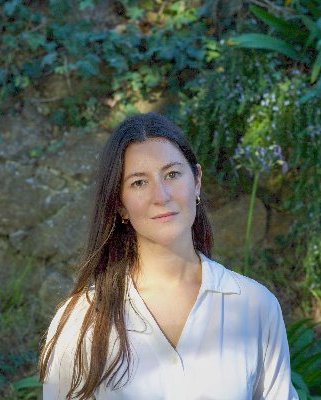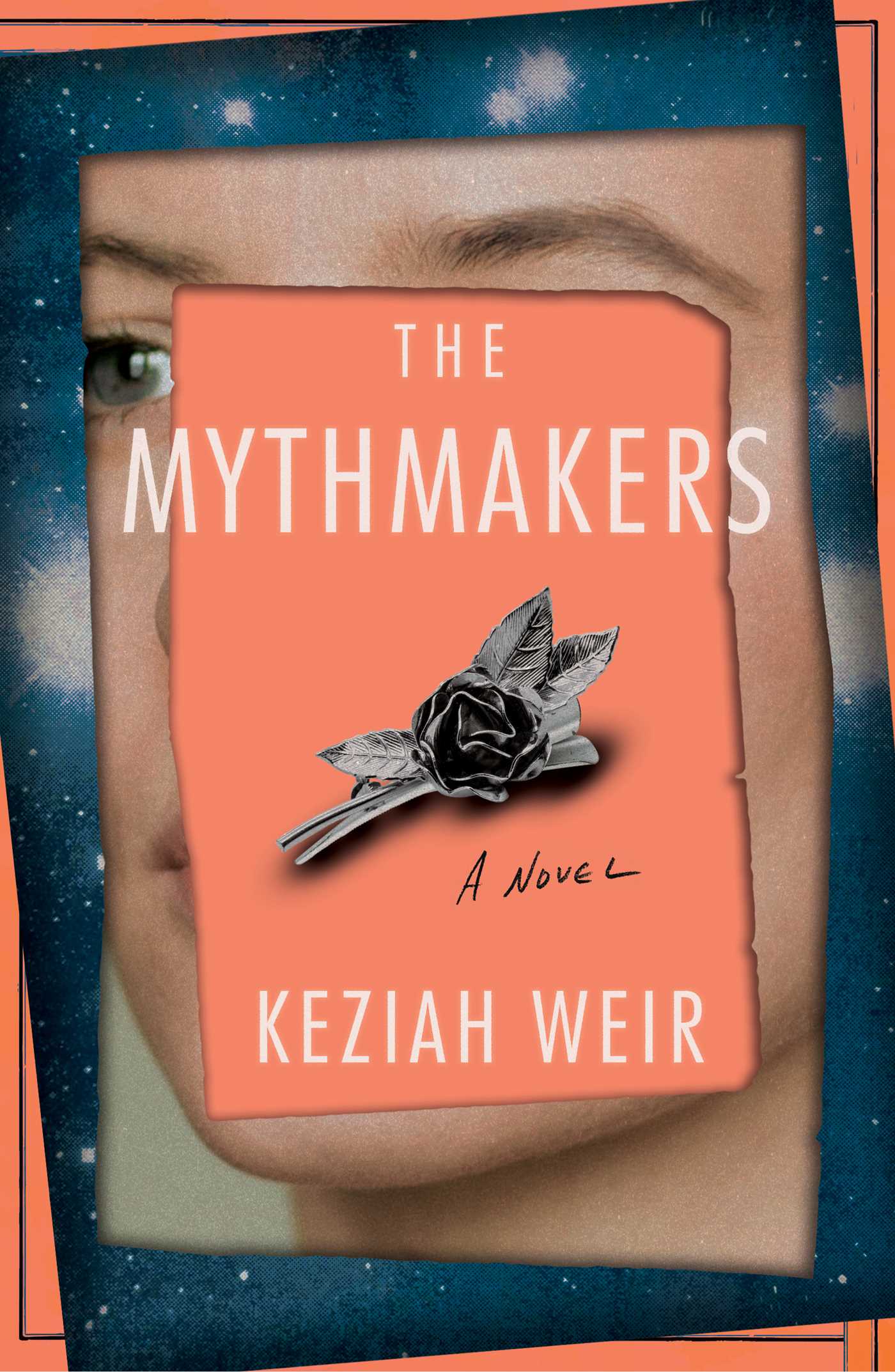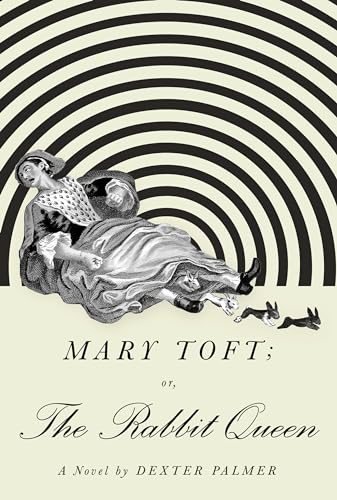Ask Keziah Weir if her fiction draws from her life, and she’ll demur. She likes inventing characters and disappearing into imagined worlds, not writing autofiction. Yet her debut novel The Mythmakers begins with a character, journalist Sal Cannon, recognizing herself in a short story written by an acquaintance, Martin Keller, a novelist who never received much acclaim. Sal becomes desperate to read the manuscript the story was excerpted from, and in the process embeds herself in the life of Martin’s widow, Moira.
On the heels of stories like “Cat Person’ and Me” and “Who Is the Bad Art Friend?”, which sparked conversations on the ethics of pulling details from people’s real lives in short fiction, Weir’s The Mythmakers grapples with questions about who owns a story and who has the right to tell it.
I spoke with Weir about how she approached these themes in her novel, how her background as a journalist influences her viewpoint on these issues, and how questions of narrative ownership play out in the internet age.
Courtney DuChene: Why did you set out to write a novel that touches on questions about who should tell particular stories and how stories change when certain people tell them versus other people tell them?
Keziah Weir: I think that I have always been drawn to stories that explore that. The books that I have loved often have interesting narrative tricks going on that ask the reader to question how the story that they’re reading is being relayed to them and who’s in control of the narrative.
I started the novel back in 2014. I had been working at a magazine, my first job out of college, for a year and I was just starting to become very interested in and aware of what one is doing as a journalist in terms of telling other people’s stories. As I continued my magazine career, and then as I was writing this book, those themes and questions and ideas just came up over and over again. And so they found their way into the book its different threads.
CD: As a journalist yourself, how did that work inform your thinking about how people tell their stories, what they hold back and what that bearing that has on the truth?
KW: I think when you’re interviewing someone, you are always aware of the fact that they are presenting a particular narrative and that they have the agency to hold back whatever they would like to hold back. You can press people, but people are really only going to give you as much as they want to give you.
 There’s a huge responsibility when you’re telling other people’s stories to tell it as truthfully as you can, within all of the constraints that you’re working with. I think many people, but certainly anyone who works in journalism, has read Janet Malcom’s The Journalist and the Murderer. As a 22-year-old person working in magazines, I was starting to think about those concepts in a more real-world way—that idea of whether you’re betraying the person you’re writing about, what fairness means when you’re telling someone else’s story and how much you might hurt somebody.
There’s a huge responsibility when you’re telling other people’s stories to tell it as truthfully as you can, within all of the constraints that you’re working with. I think many people, but certainly anyone who works in journalism, has read Janet Malcom’s The Journalist and the Murderer. As a 22-year-old person working in magazines, I was starting to think about those concepts in a more real-world way—that idea of whether you’re betraying the person you’re writing about, what fairness means when you’re telling someone else’s story and how much you might hurt somebody.
CD: I’m curious if the decision to write this book from multiple points of view, both first person and third, was there from the beginning? Or was it something that came in later in the writing process? It feels very natural for a novel with these themes.
KW: It came in really early. Somebody said that first novels are either an auto fiction very much drawn from life, a lightly fictionalized version of the author’s life, or they are everything that the author has ever thought about ever, every thread, research interest, and so on.
My book is kind of both. Sal’s narrative, I don’t think can be called auto fiction, but obviously there are similarities to my life and career. And then it splits off into all these other voices. And I think part of that was just that I don’t feel super comfortable writing things that feel like they are very close to me.
Sal was one of the harder voices to get while I was writing, but I’m very happy to run down rabbit holes with other people’s imagined lives. So I knew that I wanted to do that from the beginning. And then the books that I love—I mean, I love so many different kinds of books—but the books that I was really reading and loving during those early years are all books that are told from different perspectives that nest in each other or move together to show different sides of the same story.

CD: I’m curious about how you approached information dispersal in this novel and how it contributes to being able to create a sense of mystery and loss for the reader at some moments.
KW: There were tricky parts about having her finding things out as she goes. I think one of the things that the internet has really made difficult is when you’re writing a story about somebody who’s finding out about somebody else, often it’s like, oh just Google them and then you’re able to find out all the things. One of the things that was helpful is, you know, that Martin and Moira’s relationship began at a pre-internet time and so there are certain things about the early relationship that just wouldn’t be chronicled anywhere.
And then because Martin is not a particularly successful novelist, by the time websites or gossip sites are up, anyone who would have any kind of interest in his relationship isn’t knocking on his door. So, making sure that it felt believable that there could be aspects of his biography that were hidden or that maybe Sal would gloss over was something that I worked out.
I wrote the book not really thinking about anything structurally. It was very much just the story going onto the page, but then when I went back and started editing, that’s when I’m moving parts around and withholding certain information happens or at least for me. I wanted to be sure that Martin and Moira were solidified as a certain kind of couple, and for Sal, who is going through a sort of dicey time in her own relationship, to start idealizing them in a way that I think is really easy to do. And I wanted to make sure that she had time to fall in love with their relationship before she starts learning some things that maybe shake her a little.
CD: To me, this book feels very in conversation with some parts of the Internet age and particularly our current moment. Do you feel like you’re touching on this really relevant cultural moment in the book? How did you approach thinking about these themes that clearly other people have been thinking about?
KW: I know it’s interesting when that kind of thing crops up all at once, because I think it is something that people have been thinking about and arguing about and suing each other over for decades and decades. If you read any literary biography, so often in there, somebody’s friend has had a big falling out with them because they’ve portrayed them into some novel.
I don’t know why, but there seems to have been a trend in the last few years of these big stories coming out. It’s nice timing. There are also other novelists who have had books out in the last couple of years that in very different ways are looking at those questions as well. Maybe it’s just that we all have more of a platform. Back then there used to be infighting or a letter to the editor in newspapers, but now people can do a 35-tweet thread about how their story was stolen.
Maybe it’s also that people’s lives are more available to each other. It’s easier to become inspired by other people’s stories and then also easier to track the through line of reality to fiction, but I was really fascinated by all of those things. Every time one of those pops up, I’m taking a break from work to read it.









